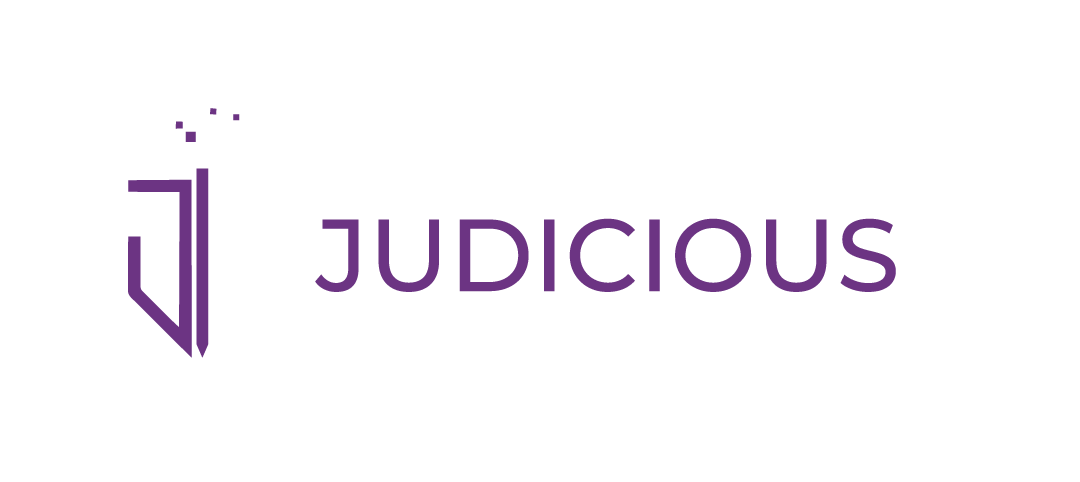The education landscape has undergone a significant transformation in recent years, primarily due to the emergence of EdTech startups. These companies are disrupting conventional teaching practices and shaping a future where technology-driven learning becomes the norm. This article explores the profound impact of EdTech startups on traditional learning models and how they are redefining education for students, educators, and institutions worldwide.

The Rise of EdTech Startups
The exponential growth of EdTech startups has revolutionized the education sector. Leveraging advancements in artificial intelligence (AI), machine learning (ML), and cloud technology, these startups are delivering personalized learning experiences, breaking geographical barriers, and making education more accessible. From interactive apps to immersive virtual reality classrooms, EdTech companies are setting new benchmarks in innovation.
Key Drivers of EdTech Startups’ Growth
- Increased Internet Penetration: With high-speed internet becoming more accessible globally, students can now access educational resources online anytime, anywhere.
- Shift to Remote Learning: The COVID-19 pandemic accelerated the adoption of online education, creating a demand for reliable EdTech solutions.
- Investor Interest: Venture capitalists and governments are heavily investing in EdTech startups, recognizing their potential to address systemic gaps in education.
How EdTech Startups are Revolutionizing Learning
1. Personalized Learning Experiences
Traditional classrooms often follow a one-size-fits-all approach. EdTech startups are changing this by offering customized learning paths tailored to individual needs. Tools like AI-driven learning platforms adapt to each student’s pace, helping them master concepts more effectively.
For example, platforms like Duolingo use gamification to make language learning engaging, while tools like Khan Academy offer detailed progress tracking to help students identify areas for improvement.
2. Bridging the Accessibility Gap
In the past, quality education was limited to students in urban areas or affluent schools. EdTech startups democratize education by providing low-cost, high-quality resources accessible via smartphones and computers. Organizations like BYJU’s and Coursera bring global educators and cutting-edge courses to students worldwide, leveling the playing field.
3. Enhanced Teacher Support
EdTech startups don’t just benefit students; they also empower teachers. Platforms like Google Classroom streamline lesson planning, grading, and communication with students. Meanwhile, AI-driven tools like Grammarly assist educators in enhancing their writing and communication skills, saving valuable time.

Challenges Faced by Traditional Learning Models
Traditional education systems face multiple challenges in adapting to the digital age. These include:
- Rigid Curriculums: Unlike the dynamic nature of EdTech platforms, traditional curriculums are slow to adapt to modern educational needs.
- Resource Limitations: Many institutions lack the infrastructure to incorporate cutting-edge technology into their classrooms.
- Teacher-Centric Models: The focus often remains on teacher-led instruction, leaving little room for interactive and collaborative learning.
EdTech Startups: Complementing or Replacing Traditional Education?
While some argue that EdTech startups may replace traditional schools, others believe the two can coexist harmoniously. Blended learning models—which combine in-person teaching with online resources—are gaining traction as a balanced approach. This hybrid framework enables students to benefit from both face-to-face interactions and the flexibility of digital tools.
The Future of Education: Collaborative Possibilities
1. Gamification and VR in Classrooms
Virtual reality (VR) and gamified learning are likely to become integral to classrooms. Startups like Oculus and Quizizz are pioneering interactive methods to engage students while improving knowledge retention.
2. Lifelong Learning Initiatives
EdTech startups promote continuous education through programs designed for professionals. Platforms such as Udemy and LinkedIn Learning offer skills-based courses that cater to lifelong learners aiming to upskill or switch careers.
3. Data-Driven Insights
Big data analytics allows educators to monitor student performance in real time, identify trends, and make data-backed decisions. This approach ensures that learning interventions are timely and impactful.

Conclusion
EdTech startups are redefining the educational landscape, bridging gaps, and creating opportunities for learners worldwide. By leveraging technology, they address the limitations of traditional learning models and prepare students for a future driven by innovation. While challenges remain, the collaboration between EdTech and traditional institutions promises a brighter, more inclusive future for education.
FAQ’s
What are EdTech startups?
EdTech startups are companies that use technology to enhance education. They provide digital tools, apps, and platforms for learning, helping students, teachers, and institutions to access innovative educational resources.
How do EdTech startups impact traditional learning models?
EdTech startups complement traditional education by offering personalized, flexible, and accessible learning options. They integrate tools like AI and gamification, which adapt to individual learning needs and enhance engagement
Can EdTech replace traditional education?
While EdTech introduces transformative tools, it is not a complete replacement for traditional education. Instead, a hybrid or blended learning model is emerging, combining in-person and digital learning for optimal results.
Are EdTech solutions affordable?
Many EdTech startups aim to make education accessible by offering free or affordable solutions. For example, platforms like Khan Academy and Coursera provide quality learning resources at minimal or no cost.
What technologies do EdTech startups use?
EdTech startups leverage technologies like artificial intelligence, machine learning, virtual reality, gamification, and cloud computing to create innovative learning experiences
How can teachers benefit from EdTech?
Teachers can use EdTech tools to streamline lesson planning, manage student progress, and access a wide range of resources. Platforms like Google Classroom and Edmodo enhance collaboration and efficiency.
Are EdTech platforms suitable for all age groups?
Yes, EdTech platforms cater to diverse age groups and learning needs. From early childhood education to professional development courses, there are solutions for everyone.

